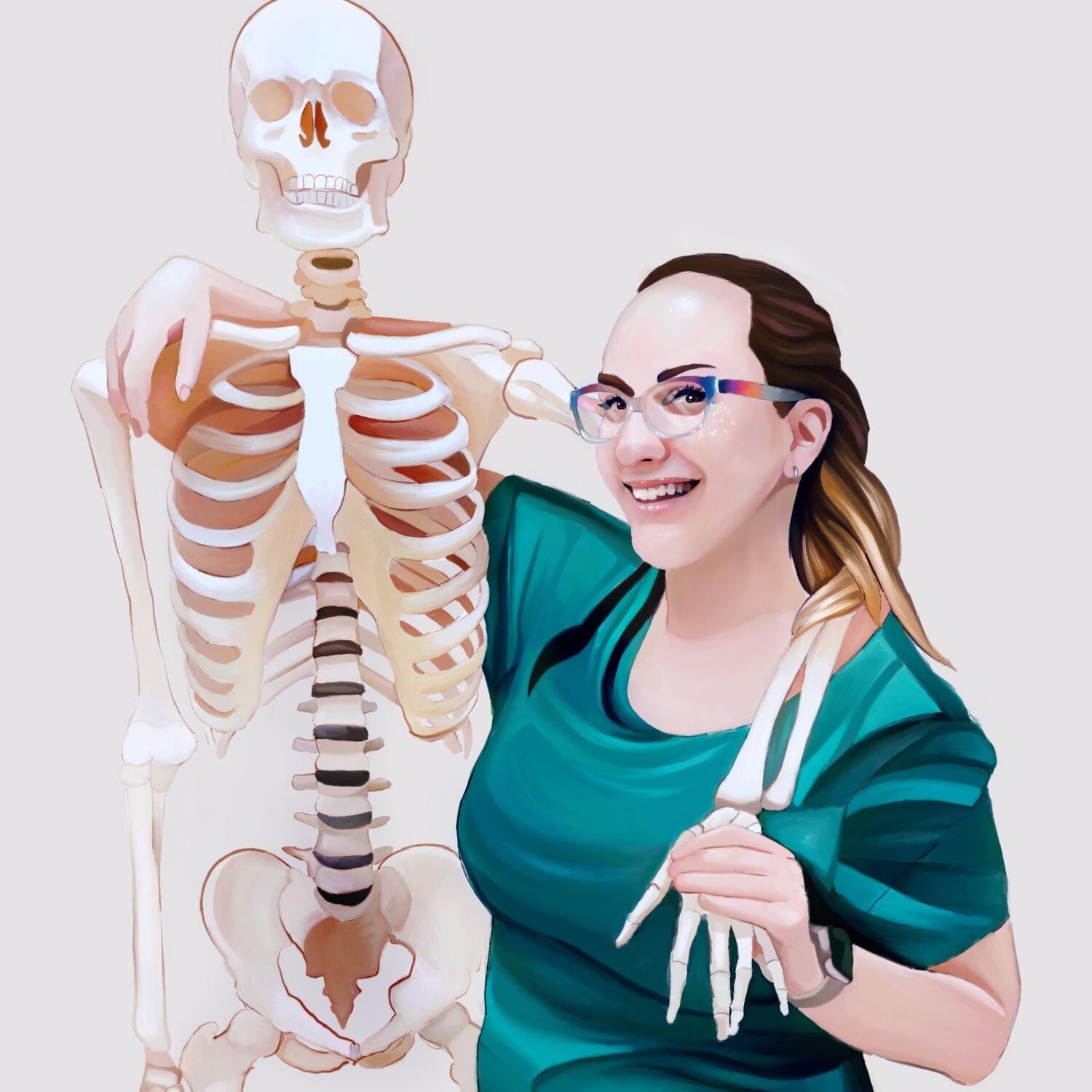Pharmacology Survival Guide
Okay, so, listen (look). I’m going to be your least favorite person in about three seconds. Ready?
3…
2…
1…
Pharmacology is my favorite class that I’ve taken in nursing school so far.
PLEASE PUT AWAY YOUR PITCHFORKS AND TORCHES.
Let me go back for a second: pharmacology wasn’t my favorite subject while I was in it. I didn’t actually start to like pharmacology until I was preparing for my Pharmacology CMS exam in Med Surg 2. It was during that time where I was devoting an hour a day to preparing for that exam that I found myself really starting to fall in love with the subject, probably slightly due to Stockholm Syndrome, but let’s not worry about that.
Anyway, back to the topic at hand. Almost every day I get a message asking me for tips for studying for pharmacology, and it is far too laborious to respond individually to those messages, so I figured I’d put it in a blog! So, here’s what I suggest you do when you’re in your pharmacology class:
Don’t study individual drugs. Don’t do it. It’s pointless. Here’s the deal: every single drug in the drug class is the same FOR THE PURPOSES OF THE NCLEX (obviously they’re different, but as an NCLEX test-taker, that is more in-depth than you need to get).
Except when they aren’t.
What I mean is: don’t study a single thing about the individual drugs, study the class of drugs, unless there is something unique about one of the drugs in that class. For instance, when we talk about SNRIs they all have the same considerations, but also duloxetine is used to treat diabetic neuropathy, whereas that’s only an unlabeled use for venlafaxine. So, if I’m studying, I’m probably thinking “oh yeah okay SNRIs have ABC contraindications, XYZ side effects, and duloxetine is used to treat diabetic neuropathy.”
So, how do I study the drugs as a class? Well, it starts with becoming familiar with which drugs are in each class. There are lots of resources online, but I used a chart that listed the common suffixes, prefixes, or other common things with drugs in the class. I made flashcards for myself, where on the front I wrote the drug class, like “benzodiazepines,” and on the back I wrote -pam, -lam. I would quiz myself on these periodically to make sure I could identify the class of drugs based on the drug name alone.
Speaking of drug names: don’t focus on brand/trade names at all. The NCLEX uses generic names, so we do as well (meaning, acetaminophen is the word you’d see on an exam, not Tylenol).
Now, when you’re studying and taking these tests, keep priority setting frameworks in mind. What’s the most important thing in this copious list of side effects or contraindications? Well, is it life threatening? Does it put them at risk for infection? Is there some sort of a safety component (BEERS list? Alterations in respiratory patterns? etc.) we need to keep an eye on? Those are probably the important things!
Also, is there something WEIRD about it? Amiodarone can turn your skin blue-gray. That’s the only drug we studied with that side effect, so I knew it was probably going to be a big deal for me to know.
I cannot stress enough how great the ATI book is. Please remember, it isn’t a substitute for your textbook, but I think it’s just a really great Cliff’s Notes version of your text. Plus, if you’re taking the CMS exam (not applicable for all nursing programs), you’re really going to want to get deep into that book. Every SINGLE question I saw on my CMS exam was related to something I had seen somewhere in that book! I love those ATI books so much as study tools!
Let’s talk about my old-but-gold standards!
Cathy Parkes and her AMAZING videos and cards are just…perfection. These videos are short. You can watch them while you’re getting ready for bed, or listen to them as you workout. Just listen to them over and over and over! And they line up with her incredible flashcards, so it’s kind of like having a private study session with Cathy herself. Lucky for you, the second edition of her pharmacology cards dropped yesterday! I got to review them before they came out, and they are so awesome. I cannot recommend these cards enough, and let me just take a moment to say: I’m not paid by her, I’m not a member of her company, I get absolutely no kickbacks. I just think it’s a great product.
PIC. MON. IC. You’ve heard me tell you 150,000 times to go sign up for Picmonic, but you haven’t done it because you don’t believe me. Please, please hear me when I tell you that Picmonic was my absolute saving grace for when I cannot grasp material. If I am really struggling with a concept, a drug, a disease, or whatever, I turn to Picmonic. They give me a catchy story, some cute characters, and memorable graphics to help me better retain the information. When I took an exam, I saw a question about bethanechol, a medication I struggled with. But right away I pictured “bath Annie” who is cold, and I could remember at least five things about bethanechol, and I got the question right. YEARS after watching a Picmonic, I can still recall parts of the picture/story, and most of the facts about it. Their science is legit, and you need to take advantage of it (get 20% off using my link).
My excitement over the second edition of the pharmacology cards knows NO bounds!
Talk it out. Maybe get in a small group to study, or take advantage of the on-campus tutoring services you may have. Barring that, teach it to your kids or lecture to your teddy bears. Hearing yourself talk about it may be beneficial to working it out in your brain, and it will definitely help you lay down the memories! Read some more about combining your senses when you study here!
And, okay, you’re tired of hearing (reading) me say it, and I’m tired of saying it, but I’ll just keep reiterating it until I die: It’s a marathon, not a sprint. You’ve got to be consistent. Stop trying to study for 8 hours before the exam. Study for an hour every day, or whatever. DO NOT MARATHON STUDY. BE CONSISTENT. If you need me to yell at you about consistency some more, check out my Instagram or this post here.
The last thing I want to mention quickly is that there are like a billion other resources out there, free and paid alike. These are just the ones I used. I recommend looking on Pinterest, YouTube, Khan Academy, or anywhere else for resources that make sense to you. Just make sure you vet them to be sure that they’re reliable and reputable.
Aaaaand that’s it. Don’t let other people get in your head about pharmacology. All I ever heard was how terrifying pharm was, but what a breeze Funds was. It was the exact opposite for me—I hated funds but really thrived in pharmacology. Just because something is hard for someone doesn’t mean it’ll be hard for you. Try to come in with the same sort of expectations and emotions as you do every class. I know it’s intense and scary, but maybe it’ll be your wheelhouse, too :)
Happy studying! Don’t forget to take your meds, and stay hydrated.


